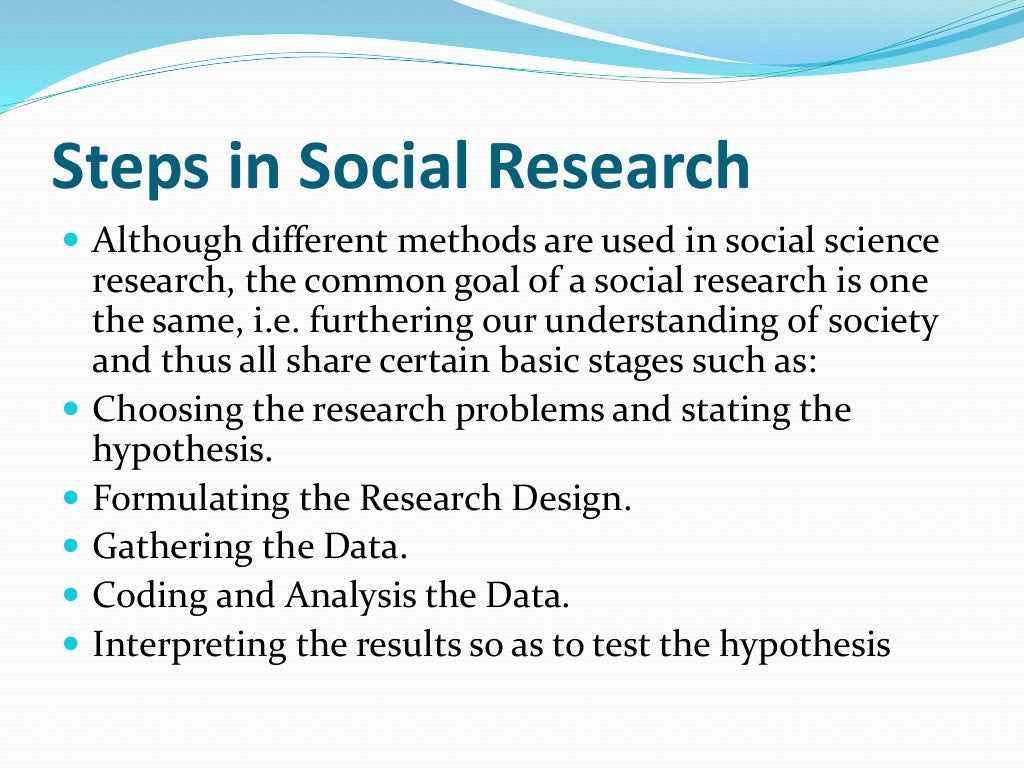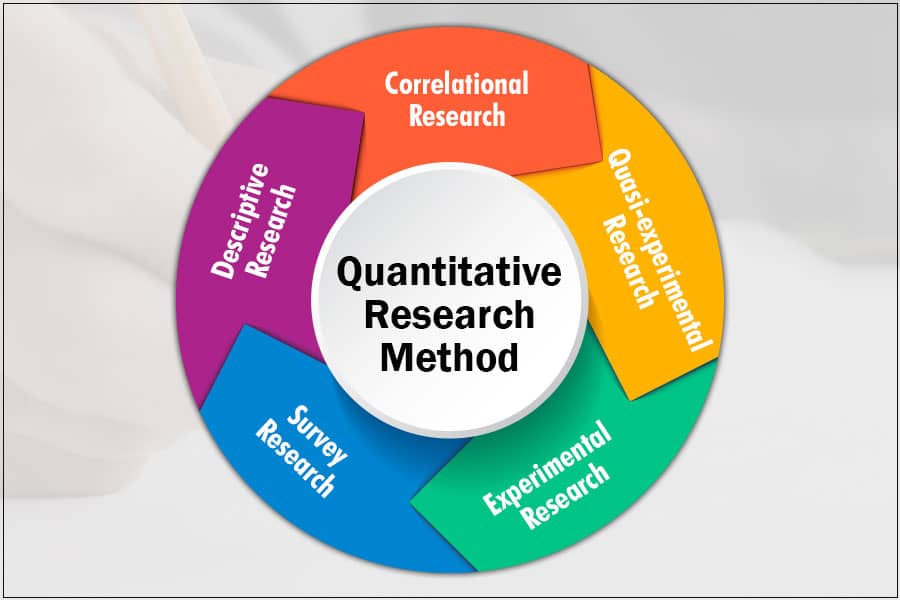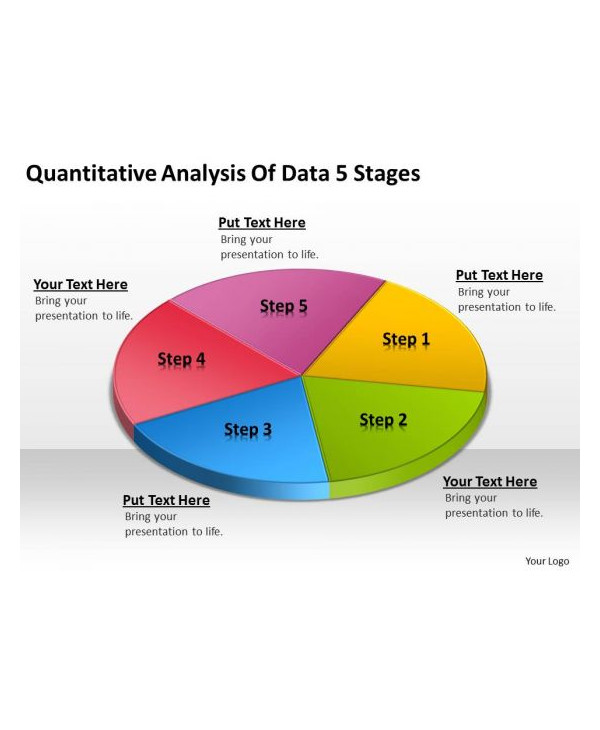What Is Research Methodology- Presentation
| Introduction to Research Methodology | ||
|---|---|---|
| Research methodology refers to the systematic process of conducting research. It involves the techniques and procedures used to gather and analyze data. Research methodology is essential for ensuring the reliability and validity of research findings. | ||
| 1 | ||
| Importance of Research Methodology | ||
|---|---|---|
| Research methodology helps in defining the research problem and objectives. It provides a framework for the collection and analysis of data. Research methodology helps in ensuring the accuracy and precision of research findings. | ||
| 2 | ||
| Types of Research Methodology | ||
|---|---|---|
| Quantitative research methodology involves the collection and analysis of numerical data. Qualitative research methodology focuses on understanding and interpreting non-numerical data. Mixed-methods research methodology combines both quantitative and qualitative approaches. | ||
| 3 | ||
| Research Design | ||
|---|---|---|
| Research design refers to the overall plan or strategy for conducting research. It includes decisions about the research approach, data collection methods, and sampling techniques. A well-designed research study is crucial for obtaining reliable and valid results. | ||
| 4 | ||
| Data Collection Methods | ||
|---|---|---|
| Surveys: Gather information through questionnaires or interviews. Experiments: Control variables to test cause-and-effect relationships. Observation: Systematically observe and record behavior or phenomena. | ||
| 5 | ||
| Sampling Techniques | ||
|---|---|---|
| Random Sampling: Every member of the population has an equal chance of being selected. Stratified Sampling: Dividing the population into subgroups and selecting samples from each. Convenience Sampling: Choosing participants based on their availability and accessibility. | ||
| 6 | ||
| Data Analysis | ||
|---|---|---|
| Quantitative Analysis: Statistical techniques to analyze numerical data. Qualitative Analysis: Interpretation of non-numerical data to identify themes and patterns. Statistical software and coding schemes are often used for data analysis. | ||
| 7 | ||
| Validity and Reliability | ||
|---|---|---|
| Validity refers to the accuracy and truthfulness of research findings. Reliability refers to the consistency and stability of research results. Research methodology helps in ensuring both validity and reliability. | ||
| 8 | ||
| Ethical Considerations | ||
|---|---|---|
| Research methodology should adhere to ethical principles and guidelines. Informed consent, privacy, and confidentiality of participants must be ensured. Researchers should consider potential risks and benefits to participants. | ||
| 9 | ||
| Conclusion | ||
|---|---|---|
| Research methodology is a systematic process used in conducting research. It includes various techniques and procedures for collecting and analyzing data. A well-designed research methodology is crucial for obtaining reliable and valid results. | ||
| 10 | ||
| References (download PPTX file for details) | ||
|---|---|---|
| Bryman, A., & Bell, E. (2015). Business Resea... Creswell, J. W. (2014). Research Design: Qual... Kumar, R. (2019). Research Methodology: A Ste... |  | |
| 11 | ||









